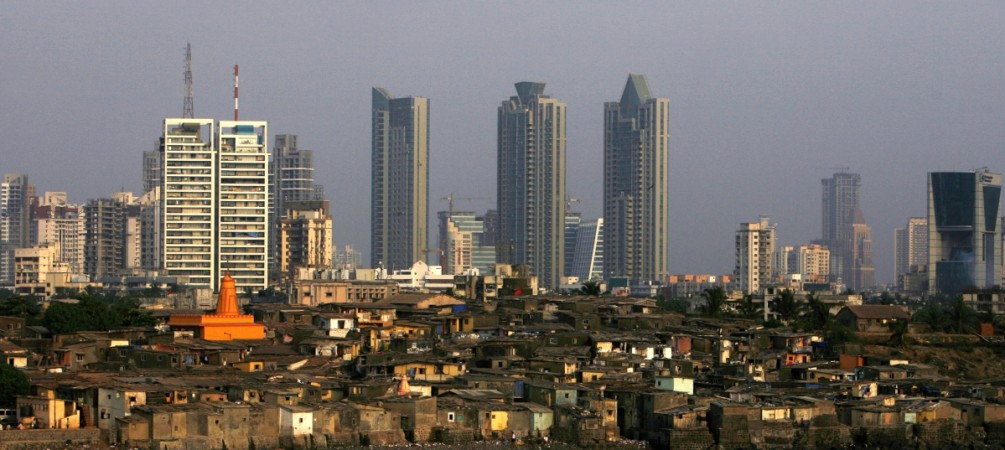Putting various economic growth policies under a question mark, new research from the World Inequality Lab said Indian economic inequality has increased rapidly since the 1980s. The report -- World Inequality Report --has put three other countries, North America, China and Russia in the same category.
The report was compiled by the World Wealth and Income Database.
It said inequality in India has risen substantially since the 1980s following "profound transformations in an economy that centered on the implementation of deregulation and opening-up reforms."
"In 2014, the share of national income captured by India's top 1 percent of earners was 22 percent, while the share of the top 10 percent of earners was around 56 percent. The top 0.1 percent of earners has continued to capture more growth than all those in the bottom 50 percent combined.
"This rising inequality contrasts to the 30 years following the country's independence in 1947, when income inequality was widely reduced and the incomes of the bottom 50 percent grew at a faster rate than the national average," the report added.
"The fact that inequality trends vary so greatly among countries, even when countries share similar levels of development, highlights the important role of national policies in shaping inequality. For instance, consider China and India since 1980: China recorded much higher growth rates with significantly lower inequality levels than India. The positive conclusion of the World Inequality Report is that policy matters a lot," said Lucas Chancel, general coordinator of the report.
"Since 1980, income inequality has increased rapidly in North America, China, India, and Russia, while growing moderately in Europe. However, there are exceptions to this pattern: in the Middle East, sub-Saharan Africa, and Brazil, income inequality has remained relatively stable, at extremely high levels," the report said.
The statement said the research aimed to contribute to a more informed global democratic debate on economic inequality by bringing the most up-to-date and comprehensive data to the public discussion.
"For the first time ever, this report examines how global growth has been shared among individuals in the entire world since the 1980s, with a particular focus on emerging countries where inequality data had previously been sparse or nonexistent," said Thomas Piketty, coordinator of the report.
The report also revealed the dramatic decline in the net wealth of governments over the past decades and the challenges this poses for tackling inequality. Based on the data, the report highlighted promising options to tackle income and wealth inequality - starting with the importance of economic data transparency.
The report stressed the need for more ambitious policies to democratise access to education and well-paying jobs in rich and emerging countries alike.
The statement said the data presented in the report combines in a systematic and transparent manner all available economic data sources, including household surveys, tax receipts, and income and wealth national accounts (including offshore leaks, when available). "This enterprise relies on the analysis of more than 175 million data points on inequality."

